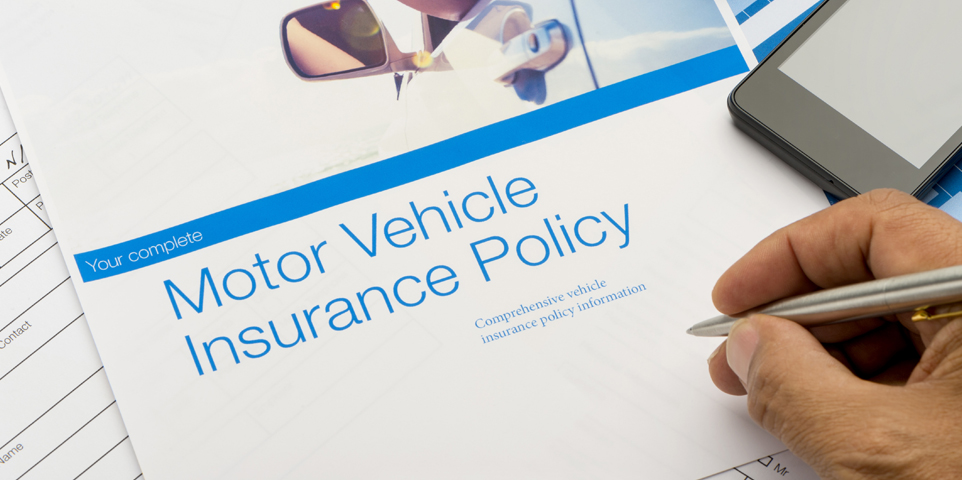88YTY News Hub
Stay updated with the latest trends and news.
Insurance Policies: The Fine Print You Didn’t Know You Needed
Uncover the hidden gems in insurance policies! Learn the fine print essentials you didn’t know you needed for smarter coverage decisions.
Understanding Exclusions: What Your Insurance Policy Might Leave Out
When reviewing your insurance policy, it's essential to understand the concept of exclusions. These are specific conditions or circumstances under which your policy will not provide coverage. For instance, many home insurance policies exclude damage caused by natural disasters like floods or earthquakes. This means that if your home suffers damage due to these events, you may have to bear the full financial burden yourself. To avoid unpleasant surprises, take the time to carefully read your policy and identify any potential exclusions that could affect your coverage.
Another crucial area where exclusions often arise is in liability coverage. Many policies might not cover incidents involving intentional harm, or they may exclude damages that occur while engaging in illegal activities. Additionally, specific high-risk hobbies, such as skydiving or motor racing, could lead to exclusions in your coverage. If you participate in activities that might be deemed high-risk, it’s wise to discuss these with your insurance provider to determine how they may impact your policy and to ensure you have adequate protection.

The Importance of Riders: Enhancing Your Insurance Coverage
Riders are essential components that can significantly enhance your insurance coverage, providing tailored protection to meet your unique needs. By adding riders to your policy, you can customize your insurance plan, ensuring that it covers specific risks or liabilities not addressed in the standard policy. For instance, a critical illness rider in a health insurance policy can provide a lump sum payment if you're diagnosed with a serious illness, offering financial relief during a challenging time. This option can be invaluable, allowing you to focus on recovery without the added stress of medical expenses.
Moreover, incorporating riders into your insurance policy not only leads to greater peace of mind but can also result in cost savings over time. On the one hand, you might pay a slightly higher premium for added coverage, but on the other, this investment can prevent significant out-of-pocket expenses in the event of unforeseen circumstances. Common riders include accidental death and disability coverage, each designed to address specific situations that a standard policy might overlook. Ultimately, understanding and utilizing riders effectively can help you build a robust insurance plan that offers comprehensive security for you and your loved ones.
Common Insurance Myths Debunked: What You Really Need to Know
Insurance is often wrapped in a blanket of misinformation that can lead to confusion and poor decision-making. One of the most prevalent myths is that all insurance policies are the same. In reality, different types of insurance—such as auto, health, and homeowners insurance—come with distinct coverage options, exclusions, and terms that cater to varying needs. For example, while some auto insurance policies may cover rental car expenses, others may not. Understanding these nuances is crucial for choosing the right policy for your circumstances.
Another common misconception is that you don't need insurance if you're healthy. Many people assume that only those with pre-existing conditions or significant health risks require coverage. However, unexpected events such as accidents or sudden illnesses can impact anyone, regardless of their current health status. Insurance serves as a financial safety net, providing essential support during times of crisis. Investing in a good policy not only protects you but also your loved ones from unforeseen financial burdens.